10 Irresistible Spice Blends for Chicken That’ll Make Your Taste Buds Dance!
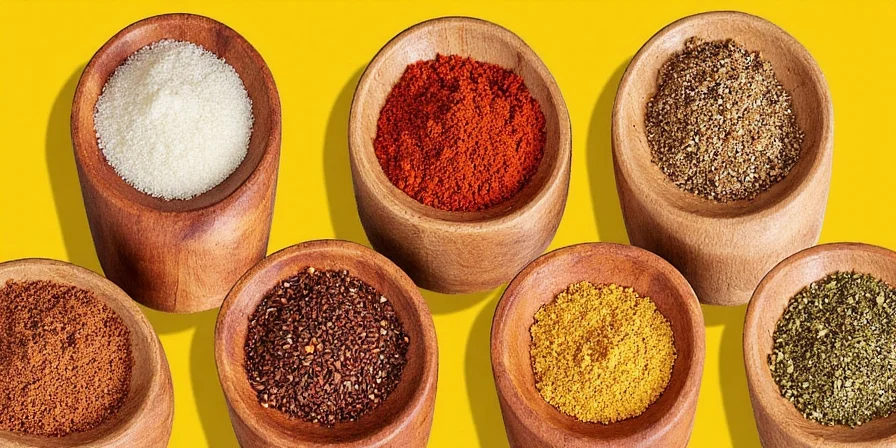
Table of Contents
- Introduction: Why Seasoning Makes the Chicken
- Top 10 Spice Blends for Chicken
- Pro Tips for Using Spices Like a Pro
- Frequently Asked Questions
- Conclusion: Spice Up Your Chicken Game
Introduction: Why Seasoning Makes the Chicken
Chicken is like that blank canvas you bought at the art store because you *totally* meant to paint something inspiring… but then never did. Left unseasoned, it’s just bland potential. But give it the right spices? Suddenly, it becomes a masterpiece.
In this article, we’re spicing things up (literally) with the best seasoning blends for chicken, plus some pro tips and tricks so your next poultry plate isn’t just edible—it’s unforgettable.
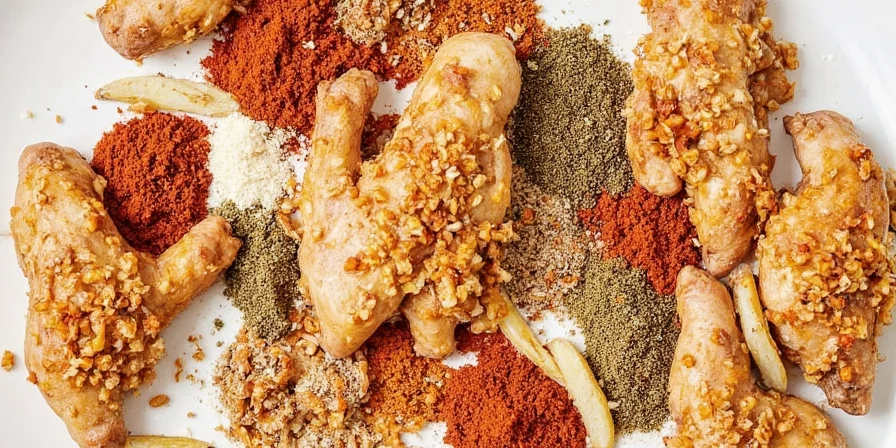
Top 10 Spice Blends for Chicken
Whether you're grilling, baking, or frying, these spice blends are guaranteed to turn your chicken into a flavor-packed sensation. Let’s dive in!
- Classic Southern BBQ Rub
- Paprika
- Brown sugar
- Garlic powder
- Onion powder
- Smoked chili powder
- Salt & pepper
- Mediterranean Magic Mix
- Dried oregano
- Crushed red pepper flakes
- Garlic powder
- Thyme
- Lemon zest
- Sea salt
- Tex-Mex Fiesta Blend
- Chili powder
- Cumin
- Cayenne pepper
- Paprika
- Garlic salt
- Lime zest
- Asian Umami Bomb
- Five-spice powder
- Ginger powder
- Garlic powder
- Black pepper
- Toasted sesame oil (used as a rub enhancer)
- Indian Butter Chicken Masala
- Kashmiri chili powder
- Coriander powder
- Turmeric
- Garam masala
- Fennel seeds (ground)
- Yogurt or lemon juice base
- Italian Herb Heaven
- Crushed basil
- Oregano
- Thyme
- Rosemary (crushed fine)
- Garlic powder
- Sea salt
- Cajun Firestarter
- Paprika
- Garlic powder
- Onion powder
- Black pepper
- Cayenne pepper
- White pepper
- Harissa Heatwave
- Harissa paste (or ground cayenne if using dry rub)
- Cumin
- Coriander
- Paprika
- Fennel seeds
- Garlic powder
- Hawaiian Luau Love
- Lemon pepper
- Garlic powder
- Teriyaki sauce (for marinating)
- Shoyu (soy sauce alternative)
- Green onions
- Toast sesame seeds (optional garnish)
- Golden Turmeric Twist
- Turmeric
- Ground cumin
- Coriander
- Coconut milk or yogurt base
- Garlic powder
- Curry leaves (if available)
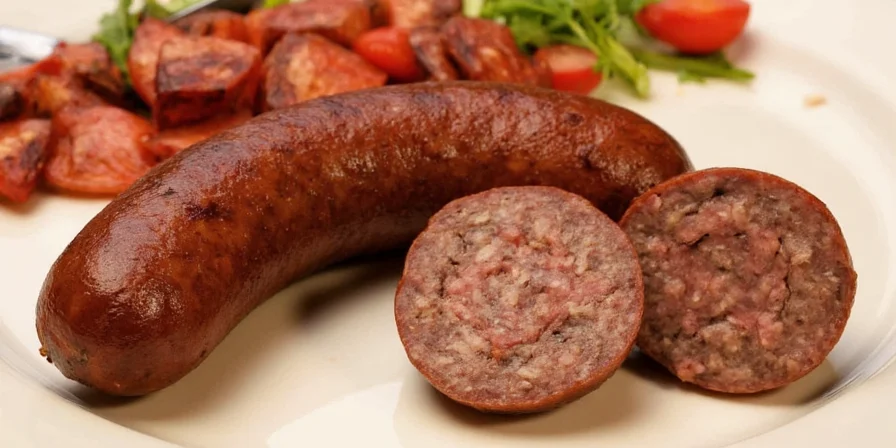
Pro Tips for Using Spices Like a Pro
Great seasonings don't stop at throwing everything in a shaker. Here's how to get the most out of your spice game:
1. Balance Sweet and Spicy
Add a touch of sweetness like brown sugar or honey to mellow out heat. It creates a more complex flavor profile.
2. Layer Flavors
Use a dry rub first, then add wet ingredients like lemon juice, vinegar, or oil to activate the flavors.
3. Toast Dry Spices Before Use
Heat your spices gently in a pan before applying them to the chicken. This unlocks their essential oils and makes them smell and taste better.
4. Don’t Forget Salt
Salt is the ultimate flavor enhancer. Always adjust according to taste—especially when using pre-made spice mixes.
5. Try Marinating Overnight
If time allows, marinate your chicken overnight. This gives the flavors time to really sink in.
6. Keep a Spice Journal
Track what combinations work and which ones flop. It helps you refine your personal blend over time.
7. Mix Wet and Dry
Create a paste by mixing spices with oil, yogurt, or sour cream for deeper flavor penetration.
8. Know Your Bird
Dark meat can handle heavier spices; white meat benefits from lighter, brighter notes. Tailor your blends accordingly.
9. Use Fresh Spices
Old spices lose potency. Check expiration dates and replace annually for maximum impact.
10. Taste as You Go
Don’t be afraid to tweak as you cook. If it tastes flat, a pinch more salt or acid (like lemon) might do wonders.
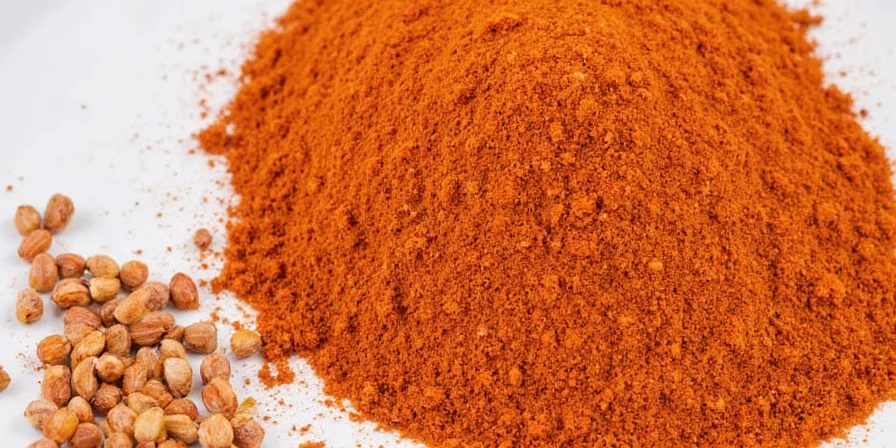
Frequently Asked Questions
Got questions about chicken seasoning? We’ve got answers.
| Question | Answer |
|---|---|
| Can I use the same seasoning for all parts of the chicken? | It depends! Dark meat (legs/thighs) pairs well with bold flavors, while breast meat often does better with lighter, citrus-forward blends. |
| What’s the difference between a marinade and a dry rub? | A dry rub is applied directly to the surface, creating a crust. A marinade includes liquid and soaks into the meat for deeper flavor. |
| How long should I marinate chicken? | At least 2 hours, but overnight is ideal. Acidic marinades (like lemon or vinegar) shouldn’t go beyond 24 hours to avoid texture issues. |
| Are there any spices that pair poorly with chicken? | Very few! However, overpowering spices like clove or nutmeg in large amounts can clash. Use sparingly. |
| Can I reuse leftover seasoning mix? | Only if it hasn’t touched raw meat. Otherwise, toss it or store it separately for future use. |
Conclusion: Spice Up Your Chicken Game
Seasoning chicken doesn’t have to be complicated. Whether you’re a weekend warrior tossing wings on the grill or a culinary adventurer exploring global flavors, the right spice blend makes all the difference.
Remember, the best seasoning is one that reflects your personal taste and cooking style. So experiment, taste, and most importantly—have fun with it!
And if you ever feel stuck, come back here and let our Top 10 list guide you back to flavor town.
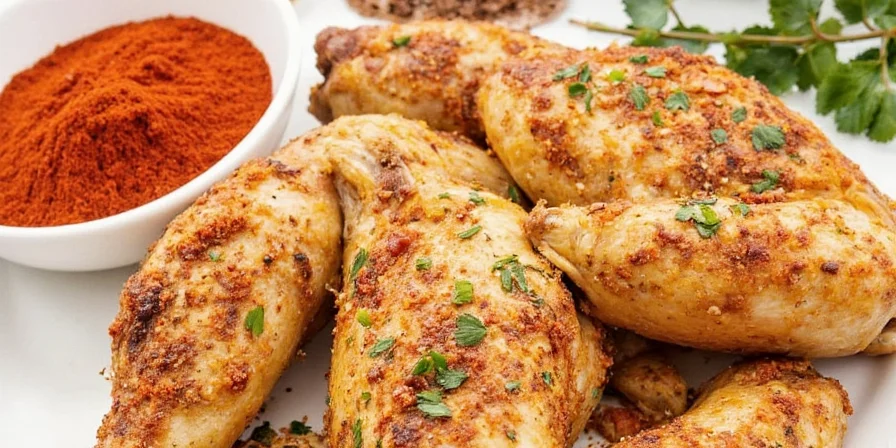

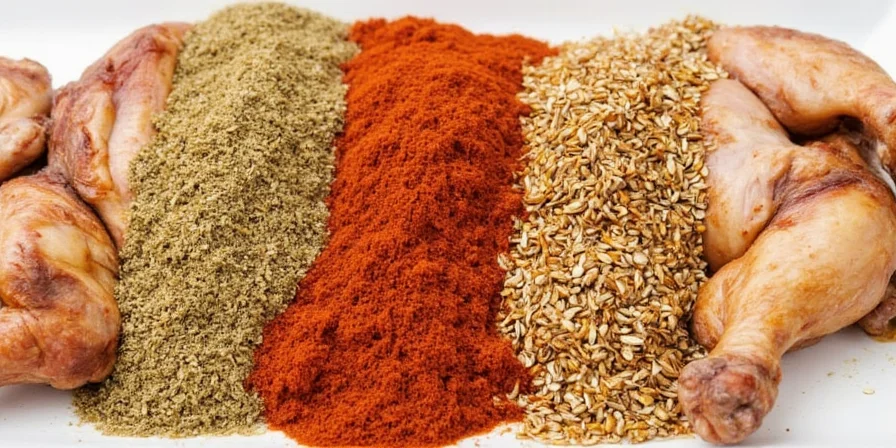









 浙公网安备
33010002000092号
浙公网安备
33010002000092号 浙B2-20120091-4
浙B2-20120091-4